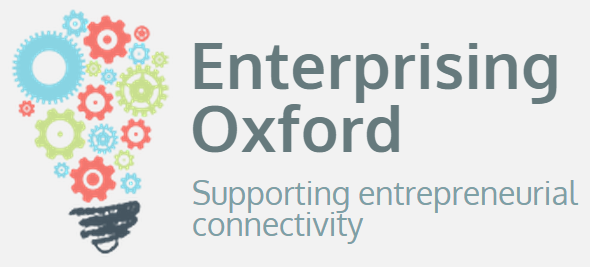Angel Wong gives us the low down on her day with the European Institute of Innovation and Technology Health (EIT) at the Saïd Business School, developing ideas to improve patient experience in emergency and acute care. If you’re a budding entrepreneur then you can visit Enterprising Oxford to find out more details on how they can support you and your ideas.
On 16 November 2018, I participated in the EIT Health Innovation Day, which brought together students from various fields with a goal to tackle an existing healthcare challenge in the style of a hackathon. In a single day, candidates in a team of five or six brainstormed, interviewed, discussed, prepared a prototype and presented final plans to a panel of judges. This year’s theme was to improve patient experience in emergency and acute care. The winning teams will be provided with automatic entry into an entrepreneurship programme that will help actualise the ideas.
In the morning, we had a chance to interview both patients and healthcare practitioners in order to identify the roots of given problems. With my general interest in public health, the interviewing experience with patients on their experiences in healthcare settings was particularly valuable.
I also enjoyed the idea formulation session. As a team, we followed each other in a line to walk randomly in the garden with a pen and memo stickers. While walking, team members could freely raise an issue or give a suggestion to inspire others. Whenever we thought of ideas, we wrote them down and stuck them on the backs of the colleague in front of us. After a while, we turned around and built on the notes on the backs of a different team member. Building a large number of wild ideas in a different environment transpired to be a useful way to formulate solutions. Clustering our ideas also helped us reach a consensus. Through the final presentation, we gained constructive feedback from the panel and audience. Overall, it was a great learning experience.
In our DPhil studies, we often need to think independently and carefully about our research design, analysis and interpretation. These critical thinking skills can be applied when it comes to innovative ideation. Moreover, working in a team of like-minded people can generate some surprising solutions that may not be obvious at the beginning. I’d highly recommend joining such an event as it makes you appreciate how transferable some of the soft skills we learn during our DPhil really are – for more information and for other events, please see the Enterprising Oxford website.
Angel Wong is a DPhil student and Clarendon Scholar at the Cancer Epidemiology Unit. Her thesis aims to examine the associations of sleep duration and other sleep patterns with chronic diseases in the Million Women Study and the UK Biobank. Prior to joining the Unit, she completed an MSc in Global Health Science at Oxford, with her dissertation focusing on the association between cardiovascular risk factors and frailty. Before this, she studied a BSc in Public Health in Hong Kong.

